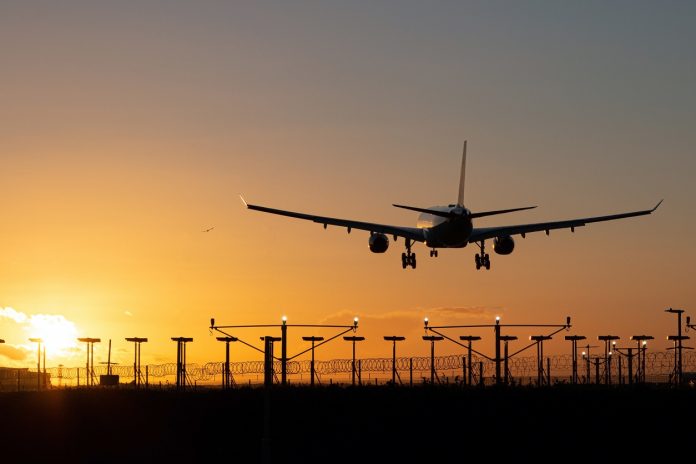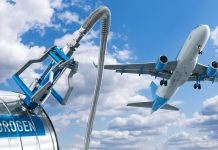Sustainable aviation: The launch of the new JetZero Taskforce by the Secretary of State is designed to lead efforts in making aviation cleaner and greener
Announced on 25 November 2024, this initiative brings together some of the most influential figures in the aviation sector, with the hope to reduce aviation emissions and drive the transition into more sustainable air travel.
A greener future for the aviation sector
The Jet Zero Taskforce will build on the work of the Jet Zero Council and aim to produce a clear plan for sustainable aviation, focusing on cleaner fuel alternatives, emissions reduction, and more efficient aviation systems.
A key priority for the Taskforce is to accelerate the development and adoption of Sustainable Aviation Fuels (SAF) and explore the potential of zero-emission flights and other innovative technologies.
The Taskforce will include leaders from across the aviation industry, including top airline CEOs, airport executives, and fuel producers, as well as experts from universities and trade bodies. The membership has been carefully selected to ensure all aspects of the aviation sector are represented, from fuel production to flight operations and regulatory oversight.
What will the Taskforce focus on?
Chaired by the UK’s Secretary of State for Transport, Louise Haigh, the Taskforce will meet annually at the CEO level to assess progress, set priorities, and review strategies to decarbonise aviation.
One of the first focus areas will be the newly introduced Sustainable Aviation Fuel (SAF) Mandate, which requires 22% of all jet fuel to come from sustainable sources by 2040.
SAF can be produced from various materials, including household waste, agricultural residue, and cutting-edge technologies like power-to-liquid. The new law will take effect on 1 January 2025.
The task force will also focus on tackling non-CO2 emissions from aviation, such as the formation of contrails and vapour trails, which have a significant but often overlooked impact on the environment. This approach hopes to address the sector’s entire carbon footprint and ensure that aviation is cleaner and more sustainable.
The UK Government’s commitment to sustainable aviation
In addition to its national goals, the Jet Zero Taskforce is working internationally to promote sustainable aviation. As part of its global commitment, the UK government is investing up to £450,000 to support developing countries in their efforts to decarbonise aviation.
This includes helping nations access the financing needed to adopt SAF and improve their aviation policies. The task force will also support efforts to offset carbon emissions from international flights, ensuring that global aviation contributes to the fight against climate change.
The UK is setting targets for aviation emissions reductions as part of its wider climate strategy. A key milestone was set at COP29 in Azerbaijan, where the UK committed to reducing aviation emissions by 81% by 2035. This target aligns with the government’s goals to position the UK as a global leader in clean energy and green technologies and to create new economic opportunities through sustainable industries.
Net-zero aviation emissions by 2050
The Jet Zero Taskforce will also engage with smaller, focused action groups to tackle specific challenges in aviation decarbonisation. An Expert Group of sustainability leaders will be asked to identify key barriers and coordinate efforts to overcome them. The group will be led by Mike Kane MP, Minister for Aviation, Maritime and Security, and Holly Boyd-Boland, Vice President of Corporate Development at Virgin Atlantic.
UK airports are already making efforts to reduce their carbon emissions through initiatives such as electrifying ground vehicles, generating renewable energy, and improving energy efficiency in terminals. The task force will continue to work closely with airports to remove obstacles and accelerate the transition to a more sustainable aviation system.
The Jet Zero Taskforce’s first meeting is scheduled for 4 December, where SAF will be a central topic of discussion. By working together across industry sectors and with the government, the Taskforce looks to achieve net-zero emissions for aviation by 2050, making flying a cleaner and more sustainable experience.











